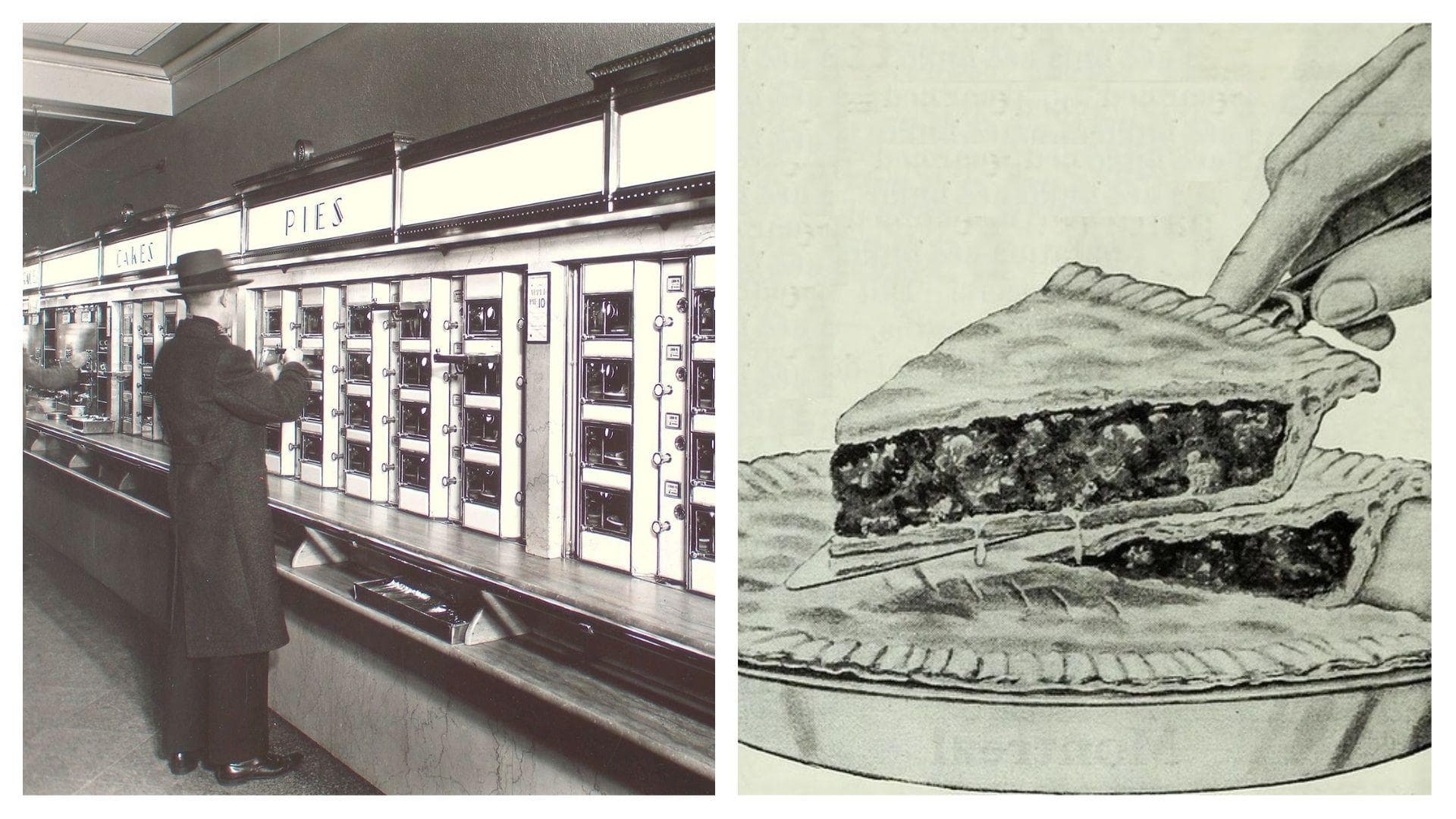-
(#3) Early Asylum Patients Were Considered Akin To Animals
Early asylums began in England as a form of imprisonment. They were for those who were "raving and furious and capable of cure, or if not yet are likely to do mischief to themselves or others." Until 1619, they were not even run by medical professionals.
In the 1700s, conditions improved little. The mentally ill were considered "beings that, without their reason, had descended to the level of animals." Even when King George III developed a mental illness, he was retrained, sedated, and treated with many harsh procedures of the time, including bleeding, blistering, and purging.
-
(#1) Tourists Payed To Observe The Patients And See "The Beasts"
Before the 1770s, mental institutions welcomed visitors to observe the patients as a form of voyeuristic entertainment.
Bethlem Royal Hospital of London - or Bedlam, as it came to be known - charged a shilling to see the ravings of "the beasts," and the patients were put on display like a human zoo.
Cultural historian Mike Jay has described it thus:
Particularly on Sundays and holidays, the scene in the galleries could be boisterous and rowdy. Like a ghost train or a freak show, or indeed the surgery and autopsy, demonstrations that were also on offer to the London public – it offered an extreme but safely contained experience, and a stage on which high-spirited visitors could perform acts of daring or display their wit.
-
(#12) It Was A Long Time Before Asylum Patients Were Treated Like Everyone Else
Even though the treatment of mental health and mental illness became more progressive and less stigmatized during the era of mental asylum tourism, it still had a long way to go. In the late 20th century, many powerful politicians figures and influencers still believed in the sterilization of the mentally ill. Thousands of people were forcibly sterilized in a push to weed "undesirable" traits out of the population as eugenics became increasingly popular.
United States Supreme Court Justice Oliver Wendell Holmes wrote an opinion in a court case explaining:
Experience has shown that heredity plays an important part in the transmission of insanity, imbecility, etc... It is better for all the world, if instead of waiting to execute degenerate offspring for crime, or to let them starve for their imbecility, society can prevent those who are manifestly unfit from continuing their kind.
The road to real moral treatment of mental health was a long one.
-
(#6) New Regulations In The Victorian Era Made Asylum Tourism Heavily Class Dependant
As the Georgian Era turned to the Victorian, asylum tourism still existed, albeit sparingly, because it had become a pastime of the upper classes. Rather than currying donations, asylums set a ticket price, and only those who could afford it were admitted.
In 1825, the Bedlam Governors declared that guests could only visit the asylum with written permission from a governor. This meant potential visitors had high enough standing to ask for such a favor from high-ranking men.
-
(#11) Many Medical Professionals Hated Asylum Tourism, Believing It Interfered With Treatment
Medical professionals objected to the practice of treating the patients as a form of entertainment. Asylum superintendents often found the tourists a distraction and annoyance to their staff and patients.
By the end of the 19th century, asylum tourism had virtually disappeared. The physicians and administrators realized privacy aided treatment. This ended a practice that, while beneficial, still exploited the patients by exposing them to the curious public during their medical treatment.
-
(#4) Asylums Were A Place For The Poor And Powerless
At the time, mental asylums served as a site where the poor and disenfranchised could be locked away when they developed any perceived mental issues. Those with money were usually cared for at home or in private asylums established for the better care of their wealthy patients.
Not everyone with a mental illness was sent to the asylum. Even among the poor, some people were still cared for at home, and others were left on the streets as beggars - nicknamed Tom O'Bedlams.
New Random Displays Display All By Ranking
About This Tool
The mental asylum is a product of the Victorian era. Before the mid-19th century, most patients with mental illness lived with their families. It was not until the mid18th century that several mental asylums sponsored by charitable funds appeared in London and other metropolitan centers. Mental patients are treated as demons, monsters, and beasts, and they can provide excellent entertainment.
At that time, many mental asylums were popular attractions. Tourists could wander around for only a few dollars to watch patients who were chained to walls or locked in stinky cells. The random tool introduced 12 details about mental asylums in the 19th century that were visit like theme parks.
Our data comes from Ranker, If you want to participate in the ranking of items displayed on this page, please click here.
















